Becoming Certifiable — A Journey Off a Cliff Into the Land of Certification
What’s in a name? That which we call a piece of paper, by any other name would be as worthless

“What’s in a name? That which we call a piece of paper, by any other name would be as worthless”
- Basically Shakespeare
Warning: This may have been written out of anger after taking a test for a certification. The sense of fulfillment from the certification is palpable.
Well well well. Look at you. Taking some MUI advice and spicing up your own life with a new, higher paying job after spending years in a corporate hellscape. Good on you for trying to improve your life. But what’s this? Now you’re being asked what certs you have so you can land that sweet gig at Big Box Brands Incorporated or High Tech Industries. WTF is CompTIA and why do I need an A+ on it to get a job? Welcome to corporate hellscape part 2, electric boogaloo. Now with more worthless paper.
Certification has always been a thing. Mankind has been doing it since someone decided they could give a test and then immortalize that test result on a slip of paper. You probably have some of your own already and didn’t even realize it. Graduate High School yet? That diploma is a cert. Got a driver’s license? That’s a cert. You get the idea. Prove you can do something, get a piece of paper that says you can do the thing. A good way to prove that you understand what you’re doing right? Why don’t we apply the same logic to jobs as we do to getting to drive around the 3000 pound death-mobiles? That driving certificate, remember what you had to do to get that? You drove a car around to prove that you could, at the most basic level, operate the machine for four and a half minutes without gruesomely slaughtering someone or destroying your sweet 30 year old clunker. Seems to work reasonably well. Most of us manage to drive around most of our lives while only mangling a few people.

When it comes to jobs, certification can be, and usually is, incredibly stupid and utterly pointless. You’d think that the corporate version of that driving test would include a practicum where you show off all that sweet knowledge you absorbed in the previous 15 seconds of googling but you’d be entirely wrong. Most certificates just require you to go on your merry way by just answering a couple multiple choice questions vaguely related to the topic at hand. Sure you’ve proved that you know that the internet somehow involves one of these “networks” that Sanjeeb in Bangalore rambled about in that youtube video, but why would a company be interested in you having this cert? Glad you asked. The MUI official hypothesis:
Certs exist to help people think they are making an informed decision about hiring you when they have no idea what your job entails or how to do it.
Think about it. The Michael Scott’s of the world, of which there may be more than a couple, need to hire IT staff, engineers, developers, and assistants. But what the hell does this middle manager know about setting up a server, designing a widget, creating an application, or even managing their own appointments. The answer is nothing. In the olden days, these folks would take a gander at a resume to judge a person’s worth for the position required. There are two problems with this approach. One, people can lie on their resume. A shocker for sure, but the way hiring works pretty much encourages it. Second, because this manager or HR person doesn’t have the slightest idea how to do the job they’re hiring for, they don’t get that warm fuzzy feeling in their nether-bits when they interview said person. What does give them that warm downstairs glow is seeing that they have a certificate. That means that someone else who DOES know what they’re doing has signed off on this person as not being a big fat liar.

Where it all falls apart
Let’s take a step back and look at one of the greatest scams in recent history. Imagine you’re a big company with an interesting name. Let’s call it “HAL”. Totally fictional place and not just one letter off from a real company. Now imagine you create this big suite of products that do a whole array of different things, many of which compete with each other. Now you have a problem. There’s a lot of shit there to figure out how to set up, configure and make happy so it can do all the stuff your sales staff promised to potential customers. Also you only have like 4 people on your sales team and want other people to help you sell it. You need to get all this stuff into the hands of the masses but you’re trying to convince this army of tech unsavvy people they need this shit and to top it off, there are only a handful of people that know how to use your service. Now being the evil genius you are, you decide to turn this problem into an opportunity and create a “Partner Program”. What this means is that you now get other businesses to help you sell your shit and in exchange, they get to take on the headache of setting it all up for customers while you reap the rewards. Oh and don’t forget the best part. They have to pay to be partners.

Now here you sit on your throne carried on the backs of your partners and you by chance talk to one of your customers and they’re not happy. Turns out the partners don’t know anything about your undocumented products. Easy. In your deviant wisdom you create a training program and mandate that partners have to get a certain number of people through various certification programs if they want to remain partners. Also, since you’re not a charity, you charge them to take the training and hell, why not charge them to take the certification test too. Now that’s what I call Business.
As you have probably guessed by now, there is in no way a conflict of interest between HAL’s bottom line and their certification program. BLECH. Sorry. Just choked on our own sarcasm there. They could sit around and argue until they’re blue (lol) in the face that their goal is to make sure partners have the latest training on their products to provide customers with the smartest people for the job. However, that argument falls on deaf ears the moment they start charging a shitload of money for the training and exams. Especially given that upgrades to the base product require recertification and certificates can expire.
But MUI, what about cert programs that aren’t run by the company selling the product you’re being certified. Well, again, keep in mind that these are just businesses. They have one goal: make money. They also are usually offered in the form of classes with a test at the end to prove you can pass a test. Even the ones that come up with exercises typically do so in a highly sterilized manner that you’re unlikely to ever run into in the real world which is where most of use have to work unfortunately.
So what do now?
We know. We’ve spent a few paragraphs complaining about the absurdity of certification but that doesn’t change the fact that your job still wants you to have them. Here’s our advice to you. If work wants you to get them, make work pay for them. If work forces you to get the certification, they should at least have to pay for it. If a job you already have is telling you to get a certification but says they won’t pay for it, calmly ask them, “how will this certification change my ability to do the job I was hired to do?” Then look for a new job. If you’re just getting started out, no amount of certificates will replace experience. But a great place to start would be the most strategic of certificates on the market today. The Minimally Useful Certified Universal Strategist Certification found here. Go get ‘em sport.
As always, stay classy.
XOXO

